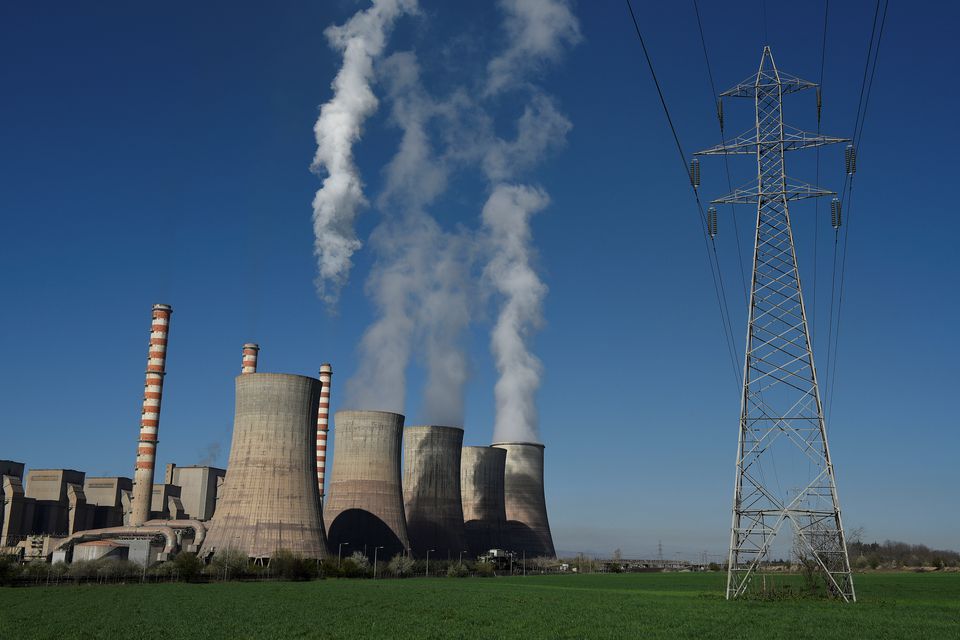By Yiannis Seitanides
The Cypriot and global economies are adversely affected by the high cost of energy, which fuels inflation, and solutions are being sought to mitigate the impact on the real economy.
Ideas to curb speculative trading games have also been on the table, with many European governments, including Spain and Greece, directly calling for intervention in price formation.
Spanish Prime Minister Petro Sánchez said he would embark on a tour across the EU to rally support for reforming the union’s energy markets, given the soaring prices hitting households across Europe.
The FT comments that how aggressively to intervene in the functioning of energy markets is now one of the most urgent debates in the EU, ahead of the leaders’ summit on 24-25 March in Brussels.
Managing the problem highlights another north-south divide. The south is calling for more market intervention, while the liberal free-market parties in government in the Netherlands, the Nordic countries and Germany are opposed to deep government intervention in electricity markets. There is an assessment that the current situation is temporary and that the system generally offers lower prices.
Existing structural developments, such as the decision to shift to green energy and limit investment in fossil fuels, the disruption to the supply chain caused by the pandemic, and the reluctance of oil-producing countries to increase production, had pushed prices to high levels before the war broke out.
Russia’s invasion of Ukraine triggered a new wave of increases driven by uncertainty and news reports about the course of the war. It is in this environment that speculation finds fertile ground. The strong volatility in the price of oil and gas is evidence of speculative movements. For example, the price of Brent oil on 25/2 (the day after the invasion) was $93.54 a barrel, reaching $131.25 on 9/3, before falling back to $108.2 a barrel yesterday.
The consumers “feel” these changes in their pockets. Crude oil prices fell by around 12 per cent last week, after setting 9-year records. Within March, crude oil strengthened by 16 per cent, while year-on-year it strengthened by more than 60 per cent.
All this without any disruption to production. In addition, Russia continues to export both oil and gas normally. The prices of other commodities, such as wheat, soybeans, corn and platinum, are also moving downwards.
In terms of crude oil, Russia was the EU’s largest supplier of imports in 2021 (27 per cent), followed by Norway (8 per cent), Kazakhstan (8 per cent) and the US (8 per cent).







Click here to change your cookie preferences